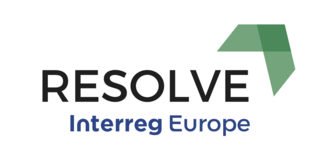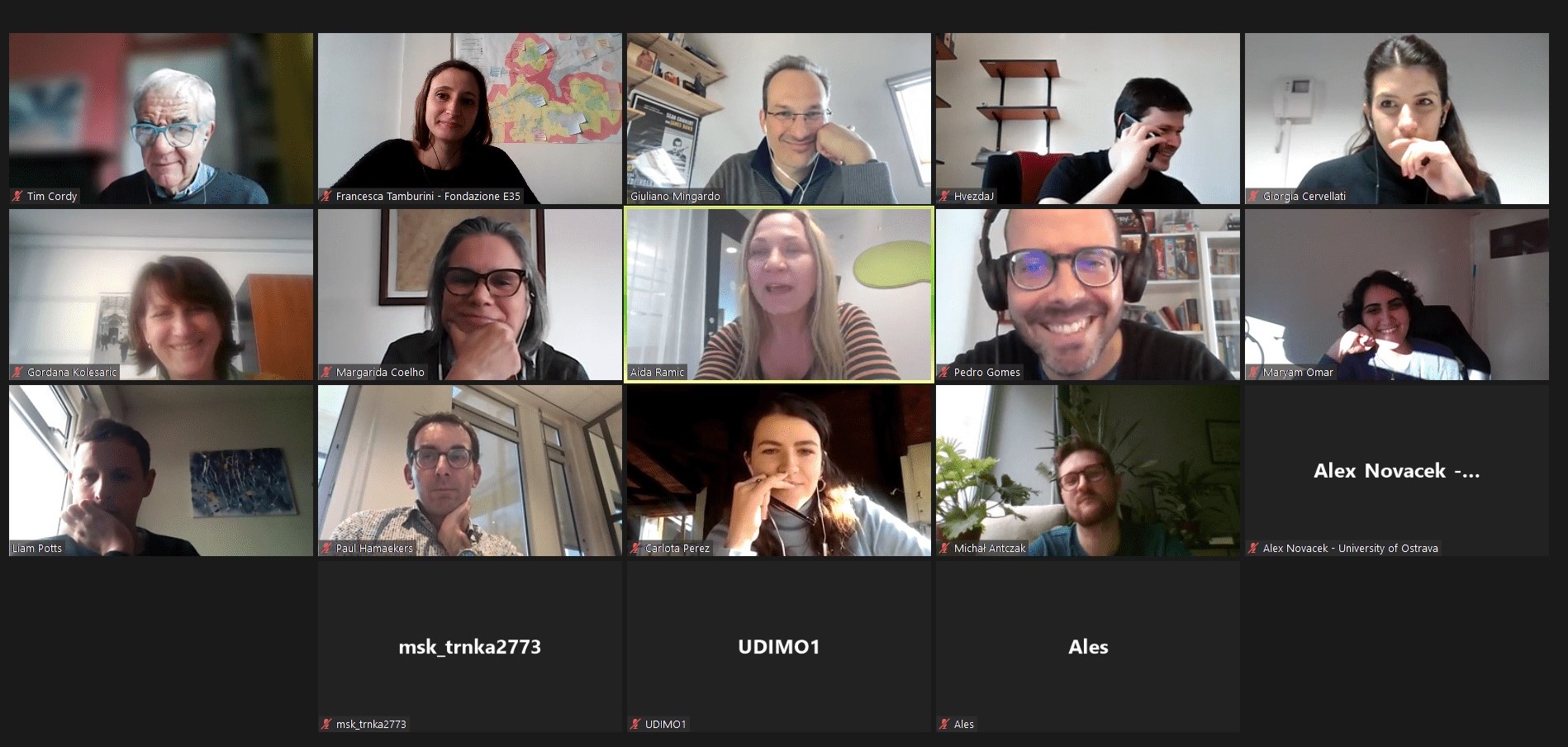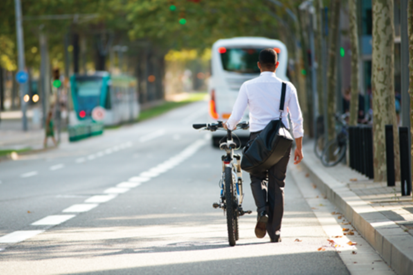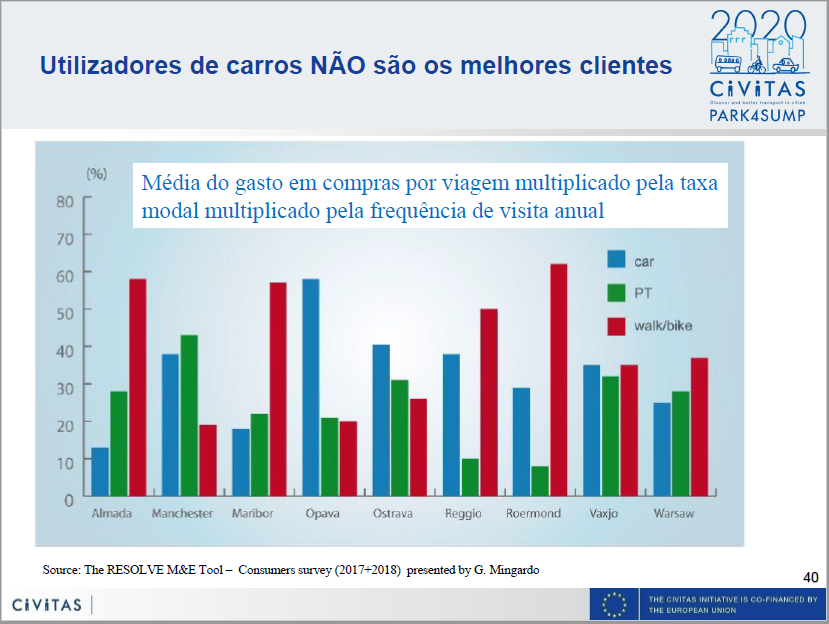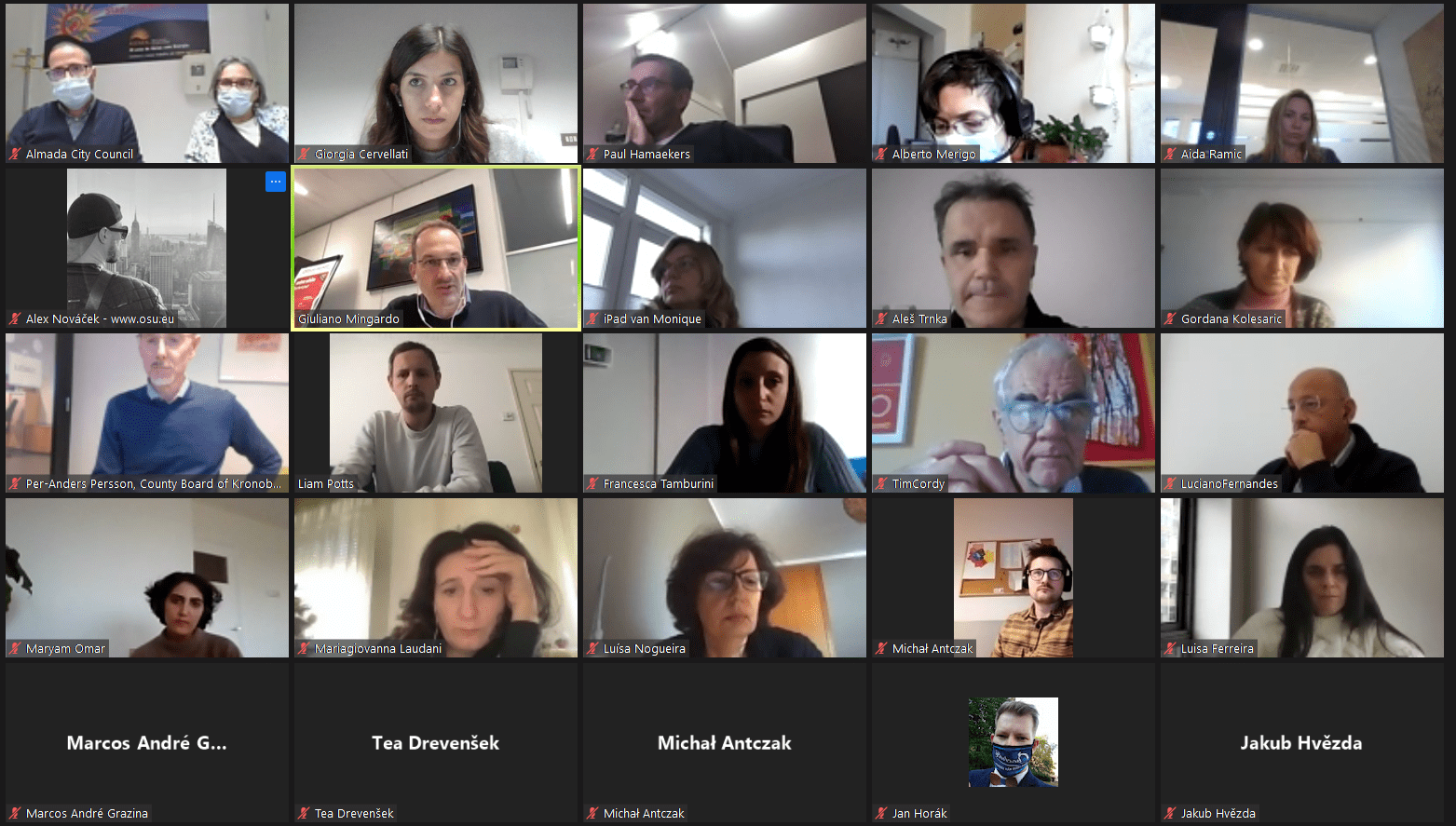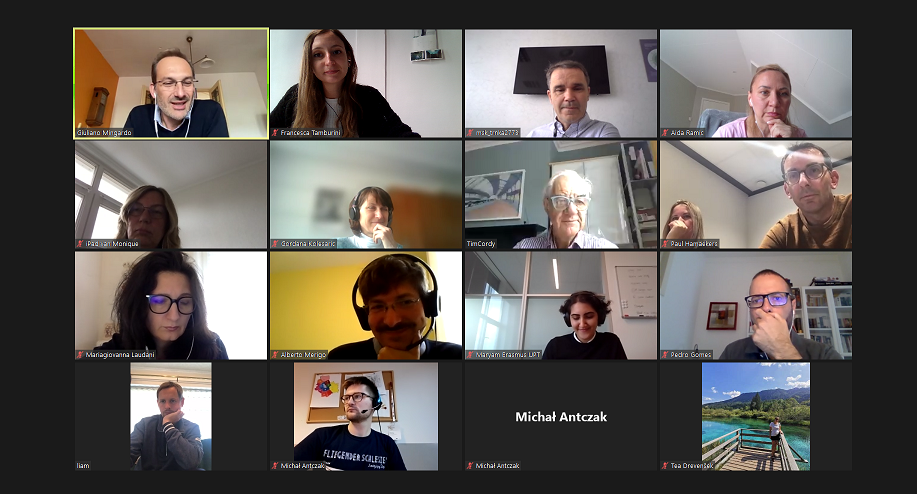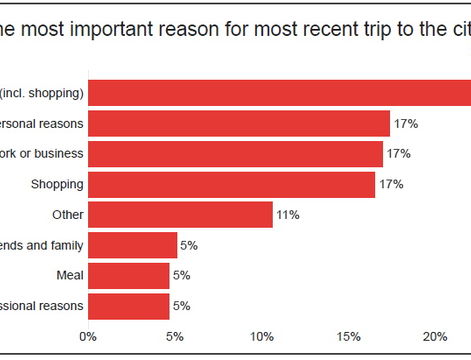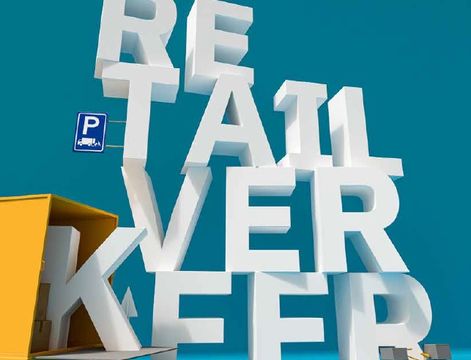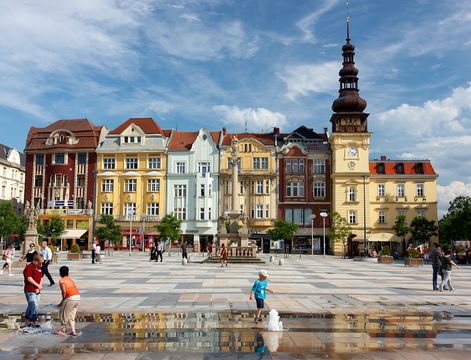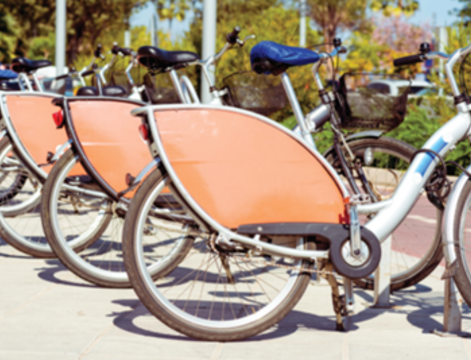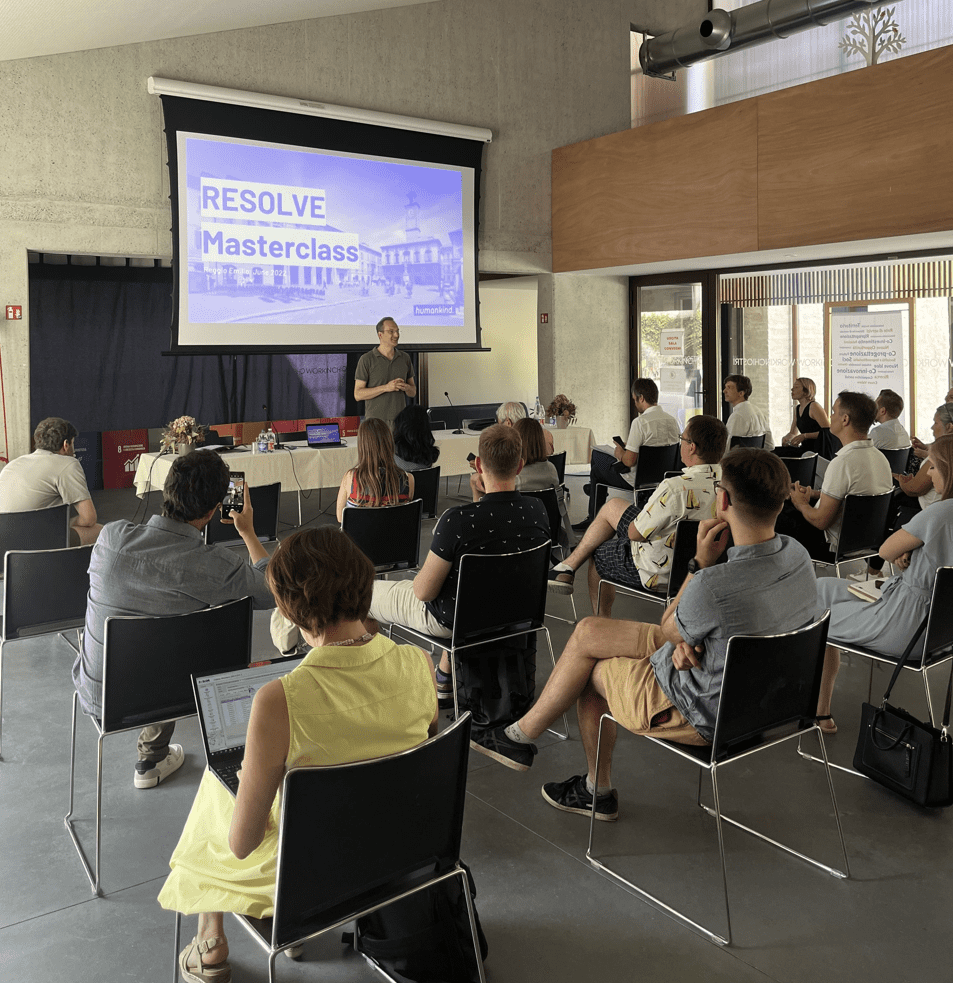On 3rd March 2022, the Capacity Building Event of the Resolve project took place online
The event was the occasion for the project partners to share their Learning Plans and find interesting connections with the good practices presented by the other partners, which might be further explored in the framework of the upcoming interregional learning activities.
Partners explained the good practices inserted in its learning plans, giving others the possibility to learn from them in a “marketplace” way, where the learning needs (“demand”) of each partner match with the learning “supply” (good practices) of the others.

The discussion was mainly divided into four thematic parts:
Active mobility and participatory approaches
- Manchester explained the initiative of the “Active Neighbourhoods” which consist of filtered streets to encourage walking and cycling and prevent ‘rat-runs’ by restricting access to traffic; and the “Street For All Design Guide”, a practical illustration of how they achieve standards in the design of interventions that are aligned to their Street for All Strategy.
- Reggio Emilia presented the “Tactical Urbanism approach of public spaces”, a participatory approach to improve the usability of public spaces (mainly for pedestrians and cyclists), transforming former parking lots into a temporary space for meeting and playing; and the project “Bike to Work”, where working people that bike to work get an economic contribution thanks to regional funding.
- Almada explained the “Cycling Workshop”, a free and non-profit initiative promoted by volunteers. Any resident can use the Cycling Workshop to learn how to carry out the main repairs and maintenance operations on their bicycle, such as adjusting brakes and gears or repairing punctures.
Logistic hubs and engaging with logistic stakeholders
- Roermond presented two initiatives: “City Hub” for sustainable city logistics and the Governance “Roermond Bereikbaar, which is a good example of how you can work together to roll out practical measurements/improvements according to sustainable mobility, behavior change, and communication with external stakeholders and partners of the provincial and national government.
- Kronoberg explained the organization of the consolidation center in Växjö, where multiple suppliers and multiple deliveries use a single point of delivery, in a common purchase system.
- Maribor presented a Good Practice of delivery in the Pedestrian Zone in Ljubljana: delivery, after 10 am, is not allowed for vehicles, just cargo bike delivery is allowed to enter the pedestrian zones.
- Warsaw showed the dedicated spot for deliveries, which had an impact on road safety, but they did not solve entirely the existing delivery problems.
Public transport and shared mobility
- Warsaw presented their Public Bike System, which is one of the largest in Europe, and presented the docking stations and the initiative of renting bikes to increase sustainable means of transport (including the renting of cargo bikes)
- Moravian-Silesian Region explained the partnership for Shared Scooters and Bikes, which consists of a partnership between the public and private sector for building a network of shared e-kick scooters and bikes.
- Manchester presented “E-Hubs”, a pilot project organized in three locations in Manchester, offering e-cargo bikes, and e-car clubs.
Parking for electric vehicles and micro-mobility
- Kronoberg presented the “Green infrastructure” of the city, which consists of charging stations for e-cars, bike lanes, and bus lanes.
- Erasmus UPT arose the topic of the shift to electricity, which is increasingly seen in the city of Rotterdam, and they explained the concern about security and the changing environment in the next years.
Thanks to the sharing of information, partners have been able to learn some new policies and initiatives that can be useful for their city in the post-covid scenario.
The following steps of the Resolve project will be the organization of interregional learning among partners, both online and hopefully in-person. Stay tuned!
